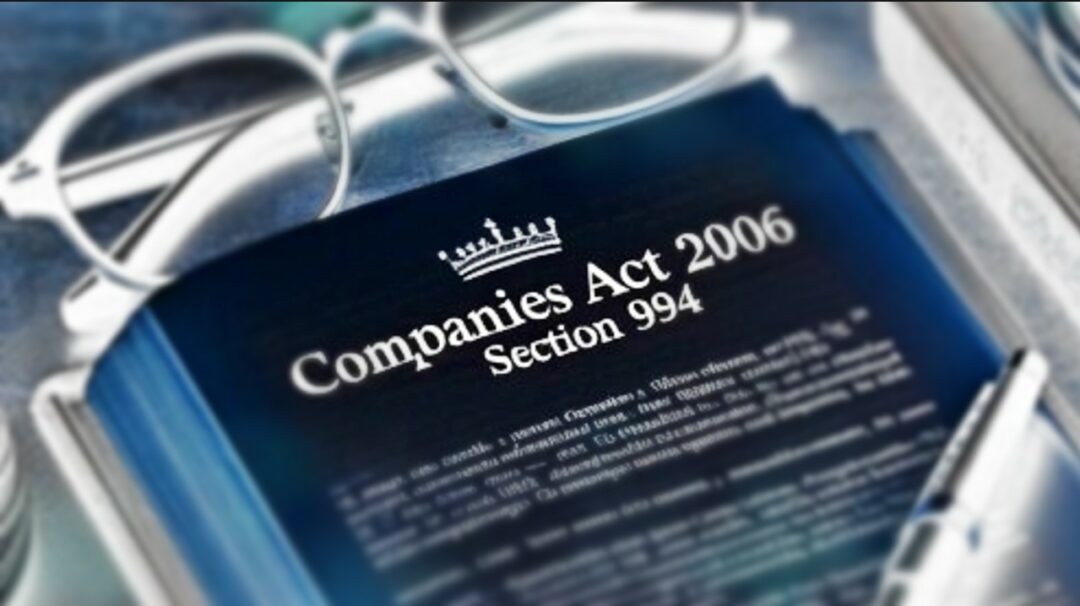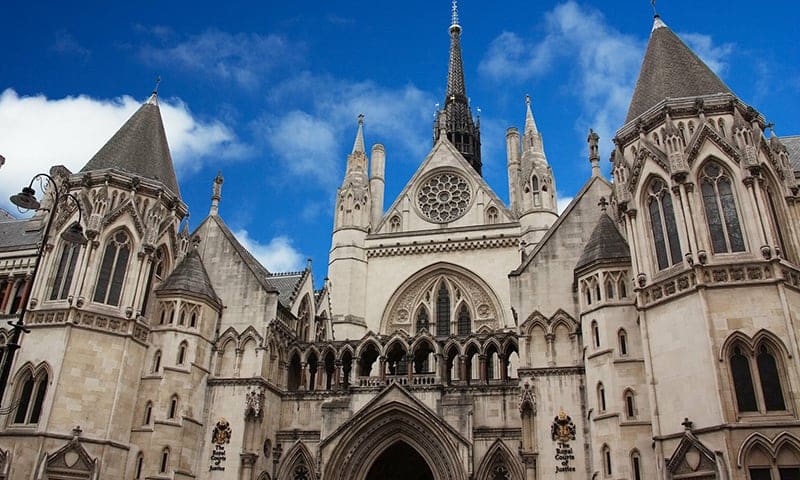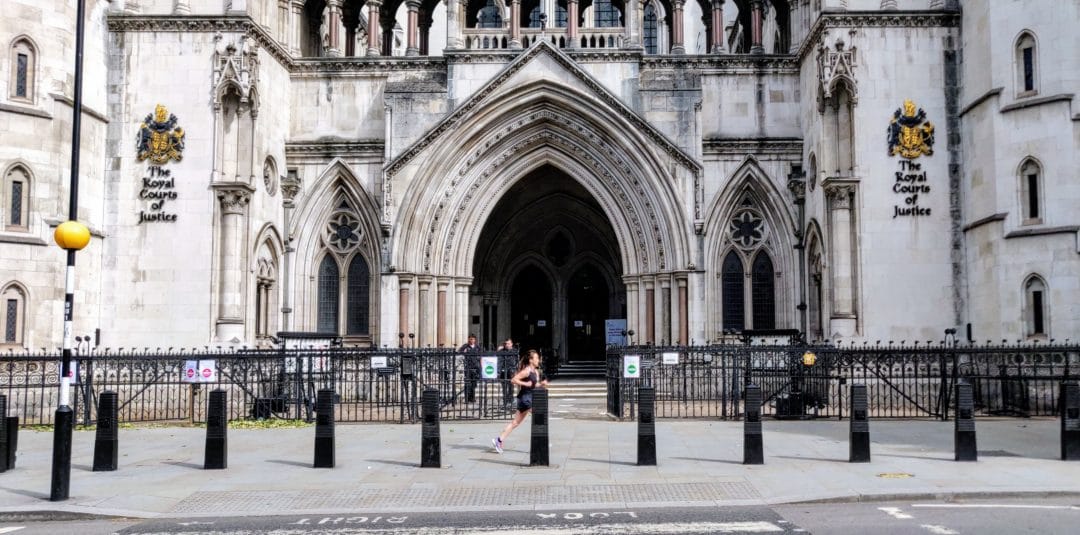
Short Guide: ‘Hidden’ or ‘Embedded’ Swaps
UK financial institutions have been selling interest rate swaps and fixed-rate loans without fully disclosing the risks and contingent liabilities involved, leading to substantial liabilities for customers. Lexlaw, a law firm specialising in hidden derivatives litigation, advises on legal action for SMEs and individuals affected by mis-selling. They guide clients through obtaining redress, often achieving out-of-court settlements with banks and insurers eager to avoid precedent-setting judgments. Lexlaw provides a step-by-step guide for those suspecting they’ve been mis-sold financial products, encouraging prompt legal advice to meet claim deadlines.








